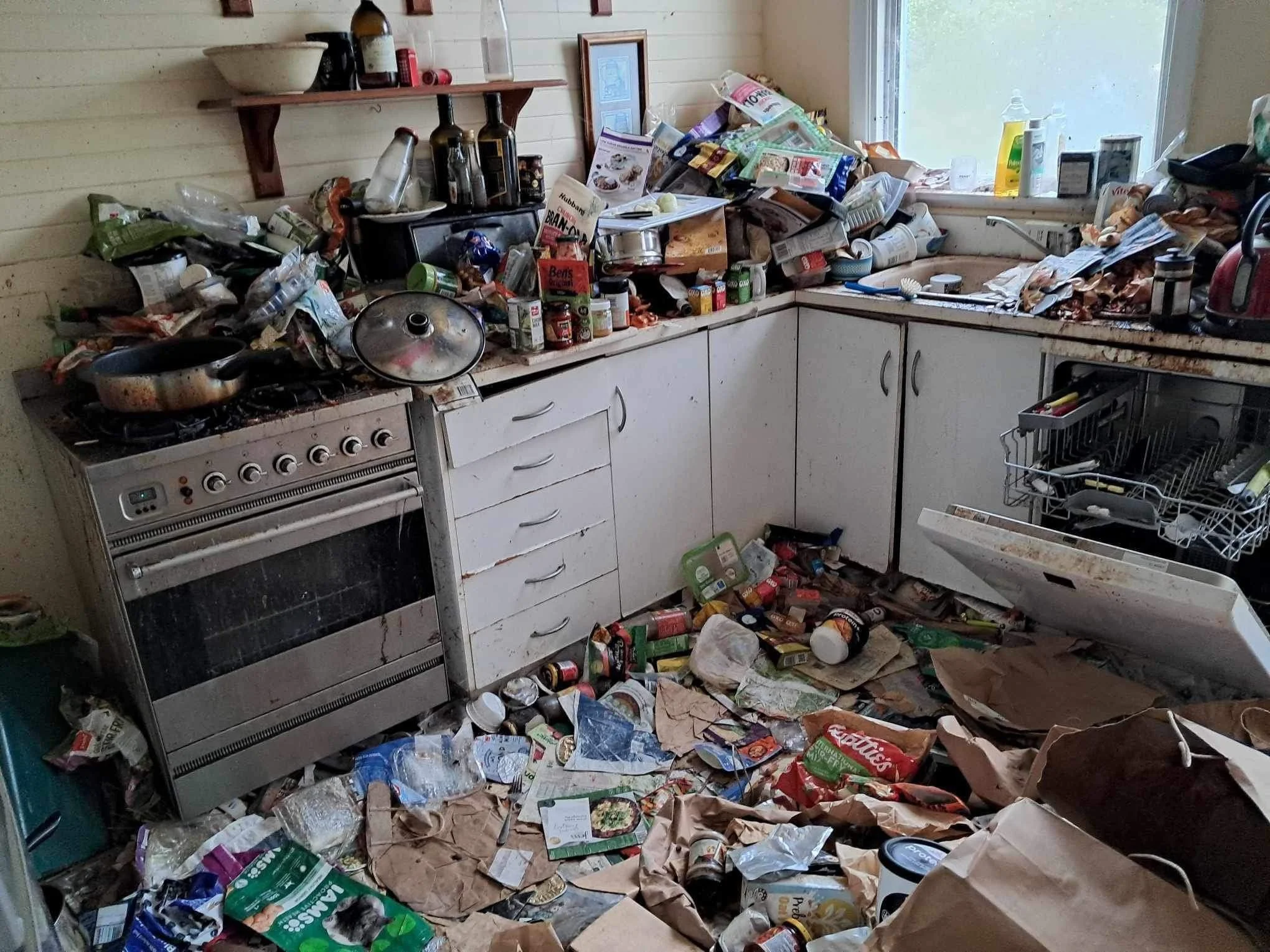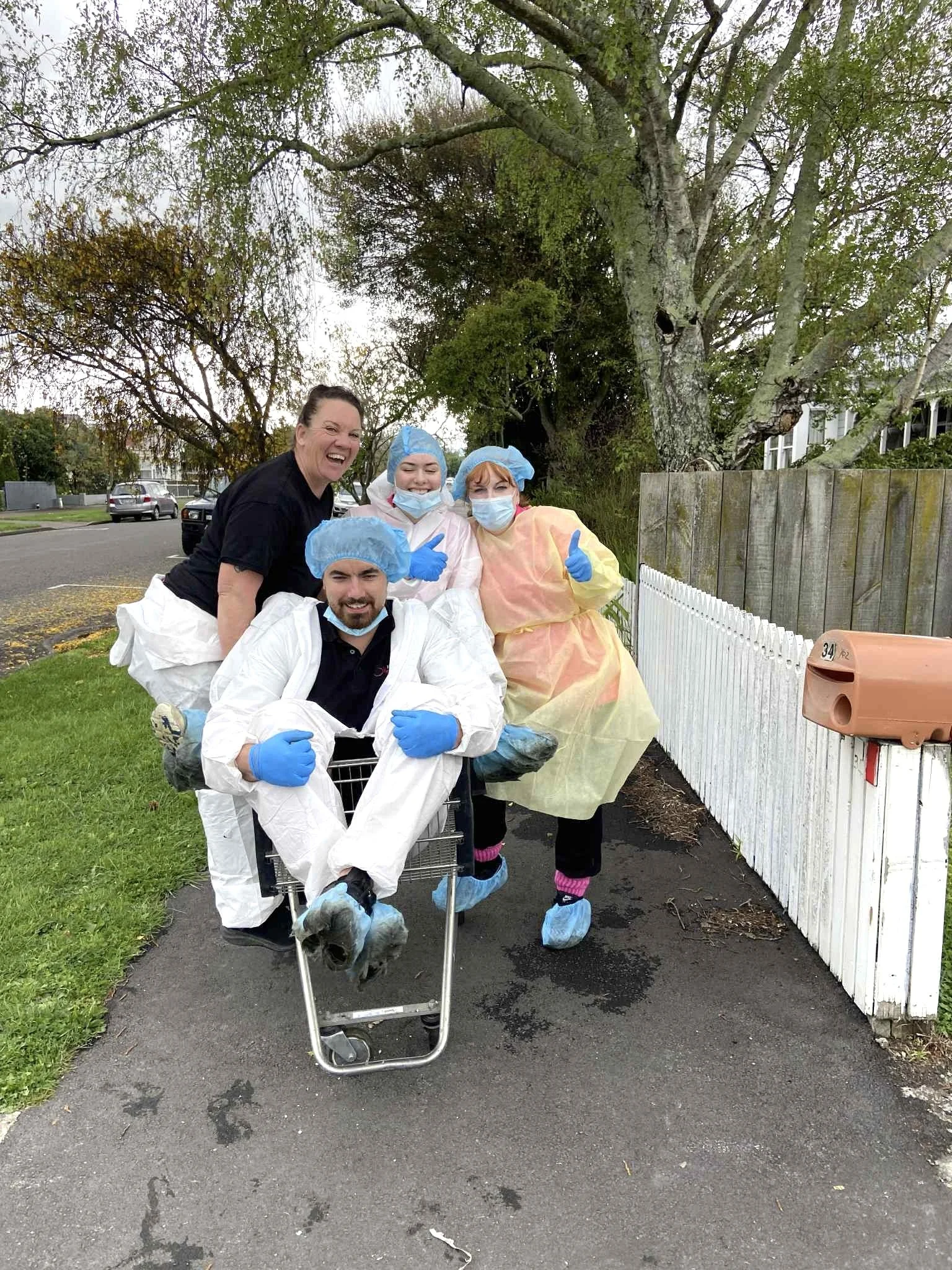Caring and Discreet Hoarding Cleanup Services
Hoarding Cleanup Services in the Manawatū, Tauranga, Mount Maunganui and Papamoa & North Island
Compassionate, respectful, and judgment-free help when you need it most.
Are you or someone you care about feeling overwhelmed by clutter or hoarding? You are not alone and help is here. At Hire a Housewife, we specialise in supportive, non-judgmental hoarding cleanup services across Palmerston North, Feilding, and the wider Manawatū region.
Understanding Hoarding
Hoarding isn’t about laziness or mess it’s often linked to emotional, psychological, or trauma based challenges. Letting go of items can feel impossible. We approach every job with empathy, patience, and respect, recognising that this is much more than a cleaning task it's a personal journey.
Why Choose Us?
Compassionate, Non Judgmental Approach
Our team creates a safe, respectful space for every client.Trained, Experienced Professionals
We understand the complexities of hoarding and know how to help gently and effectively.Confidential & Discreet
Your privacy is our priority our services are always handled with care and confidentiality.Tailored Cleanup Plans
We adjust our services to suit your needs, whether you're clearing one room or an entire home.Free Estimates & Clear Plans
We offer no-obligation quotes and walk you through every step of the process.Emotional & Practical Support
We support your decision making, help you identify what to keep, donate, or discard, and involve you as much (or as little) as you'd like.Safety First
We manage biohazards, structural risks, and any unsafe conditions with proper care.Eco-Friendly Disposal
We recycle and donate wherever possible, minimising waste and environmental impact.
What’s Included in a Hoarding Cleanup?
Our goal is to transform your space with care and efficiency. In many cases, a full cleanup can be completed in just one day.
Our Services Include:
Item sorting and organisation
Donation coordination and disposal
Valuable/sentimental item recovery
Deep cleaning and sanitising
Rubbish and hazardous material removal
Minor home repairs (by request or referral)
Ongoing maintenance support (optional)
🌟 Take the First Step, We’ll Walk With You
Whether it’s your space or a loved one’s, reaching out takes courage and we honour that. You don’t have to face it alone.
Our team is here to gently guide you toward a cleaner, healthier space with dignity and support at every step.
Contact us today for a confidential, no-obligation quote. Let’s take the first step toward a fresh start together.
📞 Hoarders Cleaning Servicing Lower North Island New Zealand — call now for your free quote:








